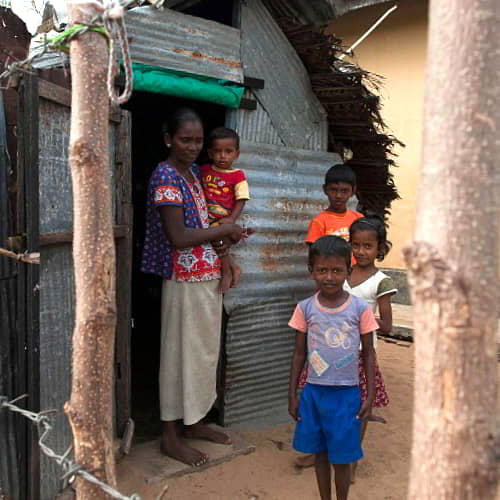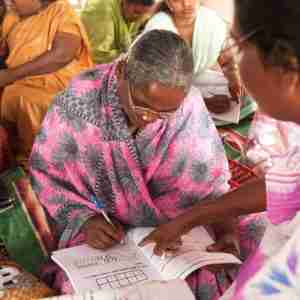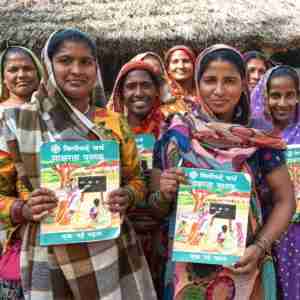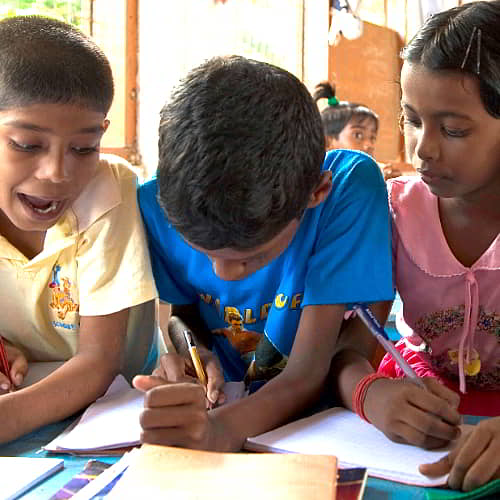Poverty and Education
Poverty and education—they perpetuate one another. People who live in poverty often can’t afford education. People who aren’t educated don’t have a way out of poverty.
“Today more than ever, education remains the key to escaping poverty, while poverty remains the biggest obstacle to education.” – Kristina Birdsong, a writer for Scientific Learning1
How does poverty affect education? Many people who live in poverty understand that education would help them, but it is outside of their reach. Their focus is on feeding their family and surviving. If you ask their children what they dream of becoming when they get older, they may just stare back, unsure what you mean. In their minds, there is no hope for breaking the cycle of poverty. Unless something or someone intervenes, the child will grow up and raise their children the same way as their parents before them. This education poverty can be self perpetuating.
One of the most effective ways to break into the cycle of poverty is through education.
“Education is fundamental to sustainable development, it is a powerful driver of development and one of the strongest instruments for reducing poverty and improving health; it enables people to be more productive, to earn a better living and enjoy a better quality of life, while also contributing to a country’s overall economic growth.”2
How does education impact an individual, family, and community? Here are some ways:
Generally, people who are educated make more money. In fact, for every year of primary education a person has, his or her income increases 10 percent. As you can imagine, a person who completes secondary school is twice as likely to escape poverty.3
A woman who knows how to read can make 95 percent more than an illiterate one.4 That woman can also make better decisions in the marketplace because she has basic math skills. She can read labels and road signs. She can succeed in her own business, too.
Families who are educated are healthier. With more pay, the family can afford food, medicine, and healthcare. Educated parents make better decisions, too. When a mother is literate, her child is 50 percent more likely to live past age five.5
When people are educated, they can dream and pursue their goals! Education breeds confidence. As children learn to read, write, and do basic math, their chance of employment following their education goes up tremendously. They start to dream about a career and a life outside of poverty.
When children fail to learn concepts like honesty, diligence, respect, compassion and the value of life, the society falters. Values are passed from one generation to another—those values can be healthy ones or detrimental ones. When the value of education is passed to children, the poverty cycle within that family is likely to break within one generation.
Click here, to read more about this article.
Click here, to read more blogs in Gospel for Asia.Org




Comments
Post a Comment